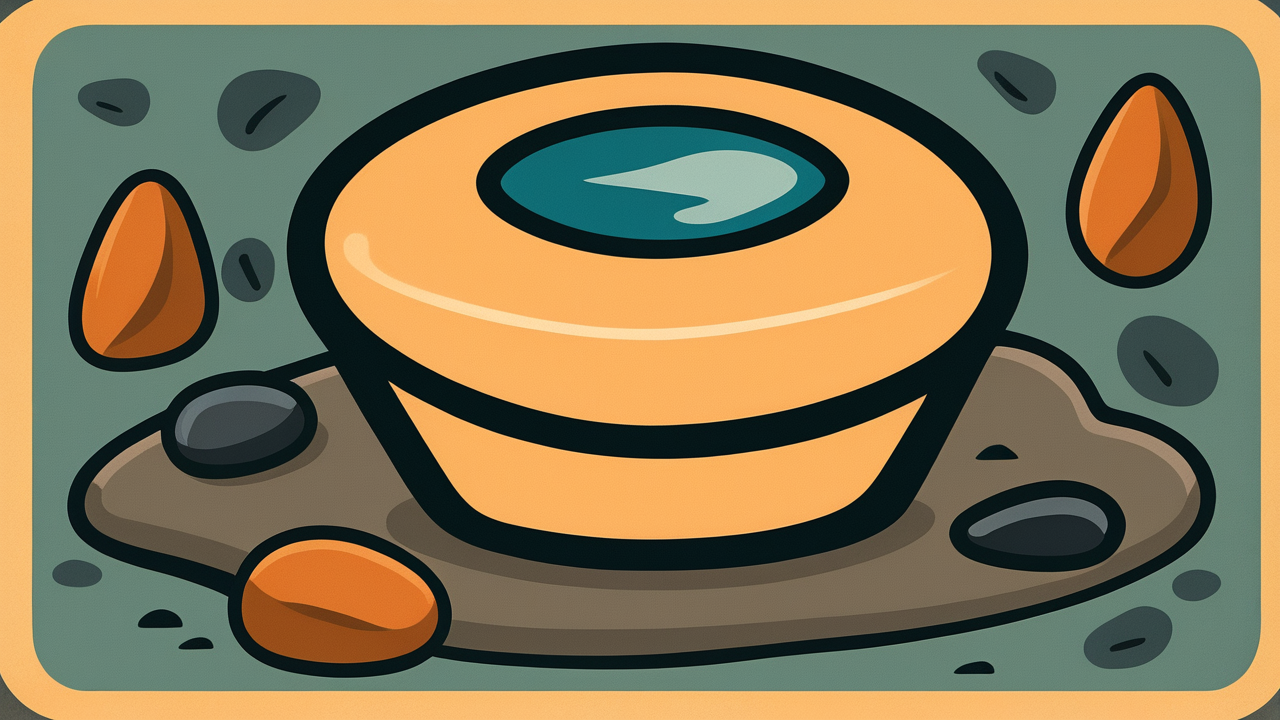How to Read “琢磨”
Takuma
Meaning of “琢磨”
“Polish grind” means to continuously polish and improve one’s learning, character, or skills, just as one cuts and polishes gems and stones to create beautiful finishes.
The essence of this word lies in “quality improvement through continuous effort.” Rather than effort made once or twice, it represents the attitude of continuously improving oneself over a long period, just as a craftsman repeatedly cuts and continues polishing a gemstone. It is used in situations where someone is seriously trying to improve something, such as students devoted to learning, craftsmen seeking to master their techniques, or people trying to elevate their character.
Even today, this expression is used because we want to emphasize not just effort, but “effort to improve quality.” This beautiful metaphor is chosen when expressing an attitude of working carefully and continuously toward something better, rather than just working hard.
Origin and Etymology
The etymology of “Polish grind” traces back to the ancient Chinese classic “Book of Songs” (Shijing). This word originally described the process of beautifully finishing gemstones and jade. “Polish” means cutting gems and stones to shape them, while “grind” means smoothly polishing the surface.
In the “Book of Songs,” it was used in the expression “like cutting, like filing, like polishing, like grinding,” which taught the importance of refining learning and character just as one cuts and files ivory and bone, and polishes and grinds gems and stones. This expression was transmitted to Japan and began appearing in literature around the Heian period.
What is particularly interesting is that this word came to be used not only for individual self-cultivation but also in the sense of mutually encouraging each other’s improvement. This is considered a uniquely Japanese development. Confucian scholars of the Edo period valued this word as an important concept in the path of learning and quoted it in many educational and moral texts.
This word, which is still familiar today as “mutual encouragement and improvement,” originally arose from concrete actions representing craftsmen’s techniques and eventually became a beautiful metaphor representing human spiritual growth.
Interesting Facts
The polish grind of gems and stones actually has a set sequence. First, rough whetstones are used to create the general shape, gradually changing to finer whetstones, and finally polishing with cloth. This process closely resembles the human growth process and may suggest the importance of learning step by step from basics to application.
The characters for “Polish grind” both contain the “king” radical (jade radical). This tells us that jade was considered the most precious gemstone in ancient China, and we can see that improvement of character and learning was considered equally precious and valuable.
Usage Examples
- He continues to polish grind his skills diligently every day
- As a result of years of polish grind, he finally achieved a level of skill recognized by his master
Modern Interpretation
In modern society, the concept of “Polish grind” takes on new meaning. In the information age, knowledge and skills become obsolete quickly, making continuous learning more important. Programmers continuously learning new languages or doctors researching the latest treatment methods can be said to be practicing modern versions of polish grind.
Especially in an era where individuals broadcast on SNS and YouTube, polish grind is required to improve content quality. The attitude of gradually improving while receiving feedback, rather than aiming for perfection in one shot, is the very spirit of classical polish grind.
On the other hand, modern times tend to emphasize “efficiency” and “immediate effectiveness,” which sometimes conflicts with the values of polish grind that involve taking time to carefully refine. However, precisely because we are in the AI era, the importance of polish grind for creativity and deep insight that machines cannot achieve is being recognized anew.
Also, with the spread of remote work, self-management abilities and continuous self-improvement capabilities have become more important, making the spirit of polish grind an essential quality for modern people.
When AI Hears This
In ancient China, where the term “takuma” (polishing and refining) originated, jade was believed to contain perfect beauty within its core. The craftsman’s job wasn’t to create new value, but to reveal the stone’s inherent brilliance through cutting and polishing. When this philosophy was applied to human development, it formed an Eastern view of humanity: “people are born containing complete potential within themselves.”
The contrast becomes striking when compared to modern self-improvement culture. Western approaches predominantly focus on adding something from the outside—”acquiring skills,” “accumulating knowledge,” or “improving abilities.” In contrast, the philosophy of takuma embodies a subtractive aesthetic: “removing excess,” “revealing one’s true form,” and “polishing out inner light.”
What’s fascinating is how the expression “polishing rough gems” is still frequently used in East Asian educational settings today. This isn’t merely a metaphor, but reflects a deep-rooted belief that “perfect character and abilities already exist within, and education is the process of drawing them out.” This ancient craft metaphor contains a philosophy that’s the complete opposite of the Western educational view of “pouring knowledge into empty vessels.”
Lessons for Today
What “Polish grind” teaches modern people is that true growth requires time and continuity. We who are accustomed to instant culture tend to seek immediate results, but truly valuable things are those that are polished over time.
If you are working on something now, it doesn’t matter if it’s a small step. By continuing even a little bit each day, there will surely come a day when it shines beautifully. You don’t need to aim for perfection. The feeling of trying to be even a little better than yesterday’s self is the beginning of polish grind.
In modern society, you may often feel anxious comparing yourself to others. However, the essence of polish grind lies in dialogue with yourself. At your own pace, in your own way, continue polishing the raw gem that is yourself. That process itself will enrich your life.



Comments